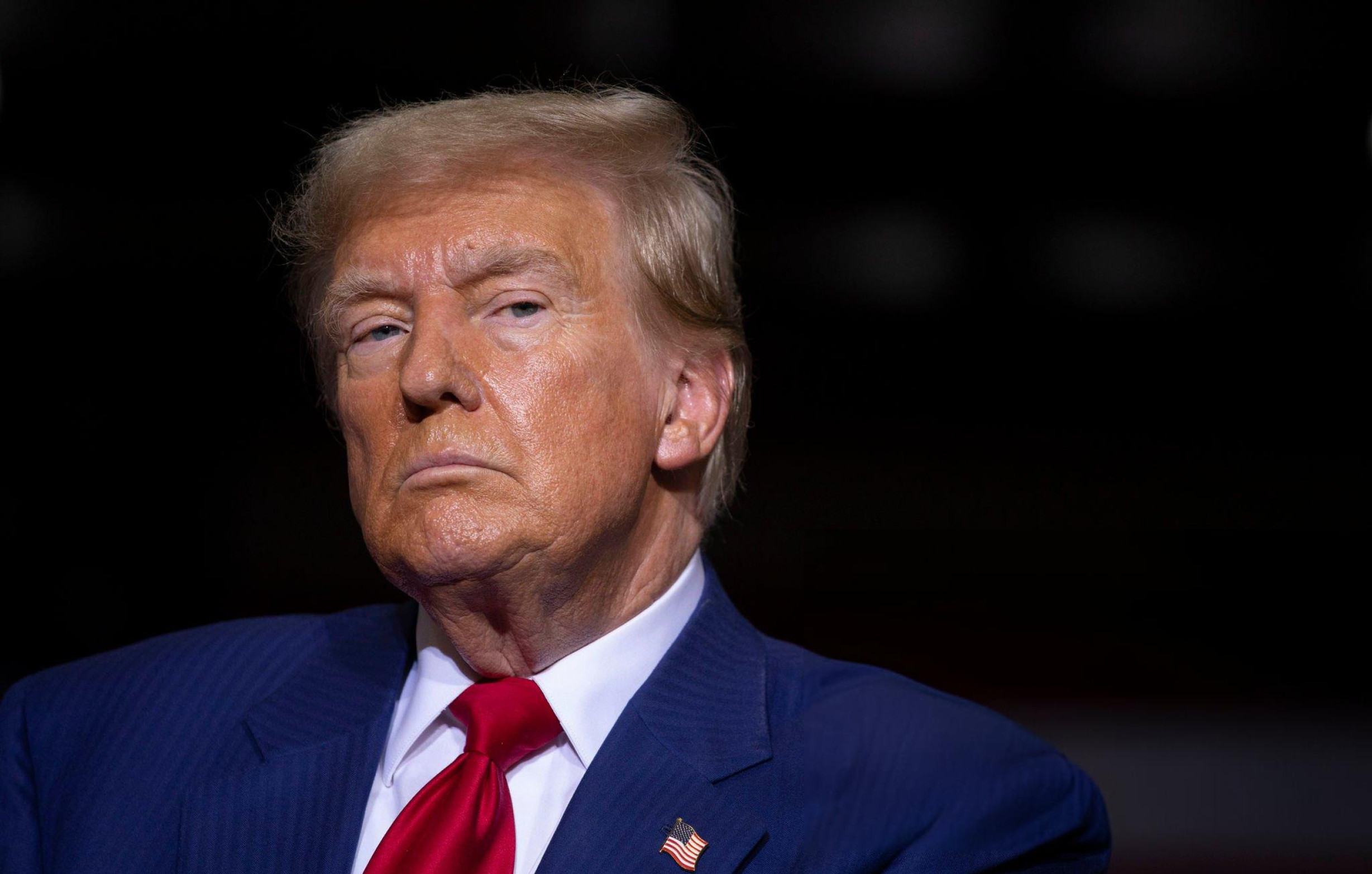In a bold move reflecting his hardline stance on international trade, U.S. President Donald Trump announced plans on Tuesday to impose tariffs on the European Union (EU), alongside a 10 percent duty on Chinese imports, effective as early as February 1. The announcement, made during a press briefing at the White House, signals Trump’s determination to address what he describes as “unfair” trade practices and combat the ongoing issue of fentanyl trafficking from China.
Trade Tensions with the European Union
President Trump’s decision to target the EU comes amid longstanding frustrations over what he perceives as an imbalance in trade relations. Speaking to reporters, Trump remarked, “They treat us very, very badly. So they’re going to be in for tariffs. You can’t get fairness unless you do that.” The President’s comments highlight his administration’s concerns about the EU’s reluctance to import a significant volume of American goods, particularly in sectors such as agriculture, energy, and manufacturing.
On Monday, Trump accused the EU of failing to purchase enough U.S.-produced oil and gas, a point he reiterated during Tuesday’s press conference. The proposed tariffs are expected to cover a wide range of European products, though specific details have not yet been disclosed. Analysts speculate that the focus could be on luxury goods, automotive exports, and agricultural items, areas where the EU has historically maintained strong trade surpluses with the United States.
A Renewed Offensive Against China
In addition to targeting the EU, Trump once again set his sights on China. The President’s threat to impose a 10 percent tariff on Chinese imports is tied to allegations that China is facilitating the trafficking of fentanyl—a potent synthetic opioid—to North America. “It’s based on the fact that they’re sending fentanyl to Mexico and Canada,” Trump stated. “Probably February 1st is the date we’re looking at.” Trump’s administration has repeatedly criticized China for its role in the global fentanyl crisis, which has exacerbated the opioid epidemic in the United States.
The White House has also accused Beijing of failing to enforce adequate measures to prevent the production and distribution of the drug. This latest tariff threat follows a broader pattern of economic confrontation between the two nations, encompassing issues such as intellectual property theft, forced technology transfers, and significant trade deficits. China, the largest source of goods imported by the U.S., is likely to respond with retaliatory measures, further escalating tensions between the world’s two largest economies.
While the President’s remarks primarily focused on the EU and China, he also hinted at the possibility of imposing higher tariffs on Canada and Mexico. Trump has previously accused the two nations of contributing to illegal immigration and failing to address fentanyl trafficking into the United States. “This isn’t just about China,” Trump emphasized. “Mexico and Canada are part of the problem too. That’s why 25 percent tariffs are on the table for them as well.” The potential tariffs could target key industries, including automotive manufacturing, agriculture, and steel exports. Critics argue that such measures could strain relations with America’s closest neighbors and disrupt supply chains critical to the North American economy.
Economic and Political Implications
Trump’s tariff proposals come at a time of heightened economic uncertainty, with global markets reacting sharply to the news. Economists warn that these actions could have far-reaching consequences, potentially driving up consumer prices, disrupting international trade flows, and straining diplomatic relations. In the United States, the move has drawn mixed reactions. Supporters of the President’s approach argue that the tariffs are necessary to protect American jobs and industries from unfair competition. “This is about leveling the playing field,” said one senior administration official. “The President is standing up for American workers and businesses.” However, critics have raised concerns about the potential for retaliatory measures from the EU, China, and other trading partners. Such responses could impact key U.S. export sectors, including agriculture and technology, while also undermining global economic stability.
The EU has been quick to push back against Trump’s rhetoric, with its economy commissioner vowing to defend the bloc’s interests. “We will not be bullied into unfair trade practices,” the commissioner stated. “The EU is prepared to respond decisively if necessary.” China, meanwhile, has remained relatively quiet on the issue, though analysts anticipate a strong response should the proposed tariffs be enacted. Past trade disputes between the U.S. and China have seen Beijing impose tariffs on American agricultural products and restrict access to its vast consumer market.
President Trump’s announcement of new tariffs targeting the European Union and China underscores his administration’s commitment to reshaping America’s trade relationships. While the proposed measures aim to address longstanding grievances and protect U.S. interests, they also risk igniting further economic and political tensions on the global stage. As the February 1 deadline approaches, all eyes will be on how these developments unfold and their implications for international trade dynamics.
